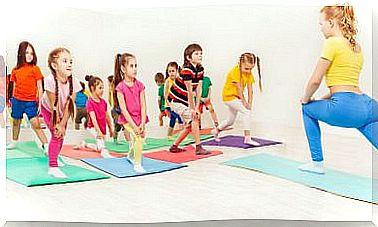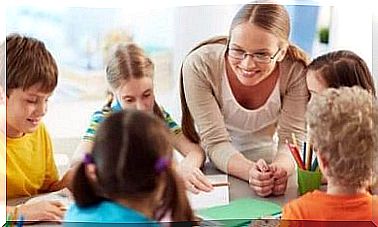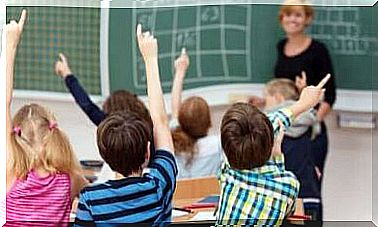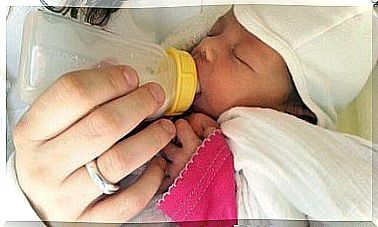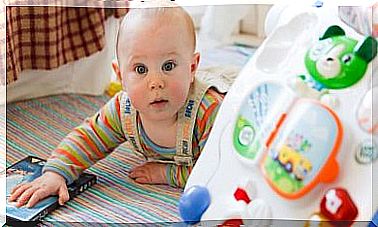Should Parents Check Their Children’s Social Media?

It is normal for parents to want to check their children’s social media and make sure they are using it safely and wisely.
Social media plays an important role in our children’s lives these days and is especially important for young people. However, the fact that their use of social media is digital does not protect them from harm.
Your children may allow you to participate in their social media experience. This is with the caveat and as long as they feel that you are not trying to control them.
Just like letters, notes, diaries, and text messages, social media gives people the opportunity to express themselves. Your children will see it as a place of privacy. Therefore, communication will play a key role in how children exercise parental control over social media.
How should parents manage their children’s social media?
This depends on your knowledge of social media. Also, it depends on whether your child allows you to partake of his or her experiences and related doubts.
If your children feel that you respect their privacy on social media, they are more likely to maintain open communication with you about their online activities. This type of teamwork gives you some control over the following aspects:
User
When we are in the early stages of using social media, we tend to talk to friends and acquaintances and share things with them. However, this circle will grow over time and will eventually include friends and family as well as other users with many followers and even complete strangers.
In addition, some teenagers make the mistake of competing over who has the most contacts on social networks. However, your children need to understand that they should take the same precautions online as they should in real life.
For example, they would not allow a random stranger into their lives waving at them on the street. Consequently, they should not accept friend requests from strangers who want to join their social media circle.
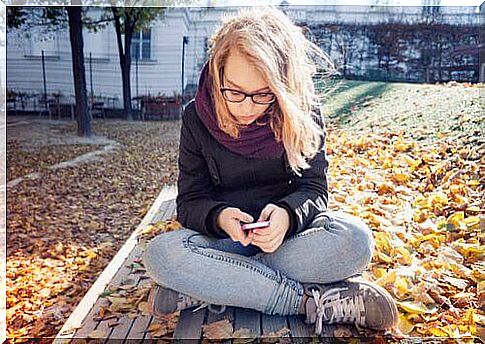
content
Personal information, videos, interests, and locations are only part of the content that travels on social media. A simple click on the “Like” button can trigger an explosive reaction with a far greater impact than children often expect.
Therefore, remind your children that if one of their contacts shares content from their personal page, their followers can also see that information, and so on. Therefore, your children should limit their privacy settings. In this way, they limit the distribution of their content to their own friends and followers.
behavior
Teens use social media to relax and have fun with their friends. As in a personal conversation, however, you can converse with wonderful, nice people and very poisonous, malicious people. Your children need to know how to react in such a situation.
A good solution is to teach your children how to recognize toxic or offensive situations and harassment online. Encourage them to reach out to you and let you know when they learn of such a situation, so that you can report it if necessary.
use
Remember that social media is a tool your children can use to express themselves. There are aspects that you can and should control, such as: B. Respect and the time they spend on social media. You should also make sure that social media remains just a simple addition to their real-world social interactions.
To avoid your children becoming too dependent on social media, encourage them to have other interests. For example, sporting, artistic or other leisure activities can help prevent possible isolation and laziness.
Parents and Their Children’s Social Media: The Risks Associated with Social Media
The article From ICT to ICRT confirms that there is a gap between adults and adolescents when it comes to the use of information and communication technologies such as social media. This is the first risk that we need to consider.
In general, younger generations have a better understanding of technology, so the problem is how to control something that we don’t fully understand. We can therefore only compensate for our own lack of knowledge with clear and precise information that brings both parties together.
Nowadays it’s easy to find classes and workshops for parents and teens to help them learn how to use social media. These courses also make participants aware of the risks associated with social media, such as addiction and cyberbullying.
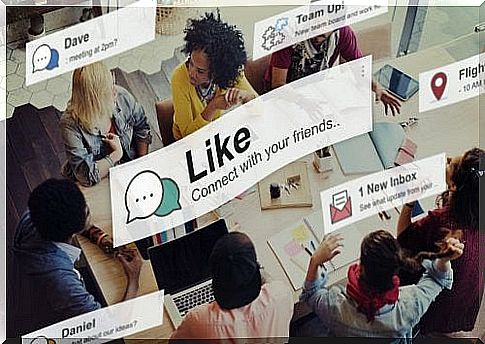
Parents and their children’s social media: Teach a responsible use of social media
You can contribute to a positive social media experience for your children by:
- teaches your children how to use social media responsibly,
- educate your children about the risks of the internet and
- Talk to your children openly about the online world they are in
